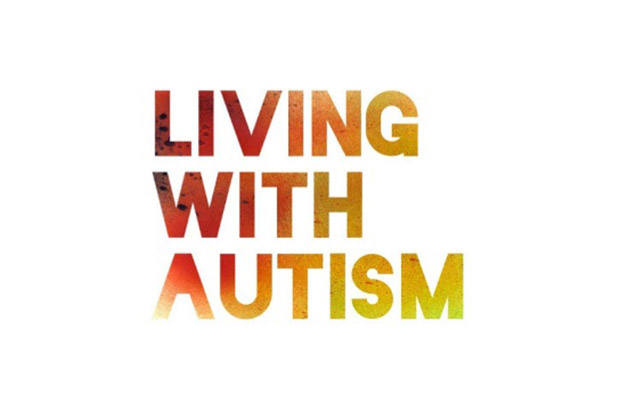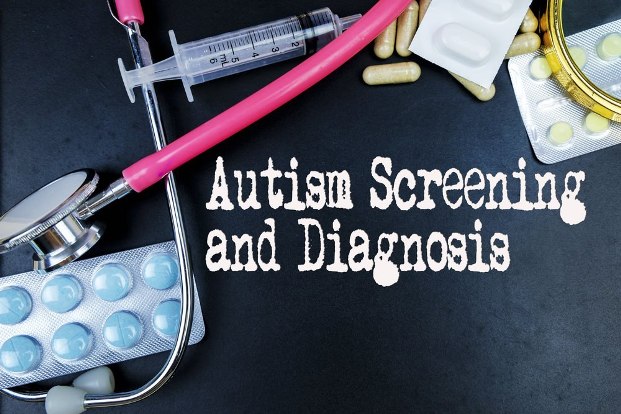Categories
- Bariatric Surgery (11)
- Black Fungus (5)
- Bone Marrow transplant (3)
- Brain Tumor Surgery Navigation Technology (20)
- Cardiac Surgery (66)
- Cardiology (97)
- Computer navigation technology for joint replacements (20)
- Covid Vaccination (17)
- Critical Care (2)
- Dental (19)
- Dermatology (31)
- Dialysis Support Group - “UTSAAH” (11)
- Dietitian (33)
- Emergency Medicine (4)
- Emotional Health (11)
- Endocrinology (33)
- ENT (20)
- Gastroenterology and GI Surgery (53)
- General and Laparoscopic Surgery (21)
- General Surgery (4)
- Gynecology & Obstetrics (183)
- Hematology (20)
- Internal Medicine (294)
- Kidney Transplant (50)
- Kidney Transplantation (20)
- Lung Cancer (8)
- Minimal Invasive Surgery (1)
- Mother & Child (20)
- mucormycosis (5)
- Nephrology (61)
- Neurology (147)
- Neurosurgery (68)
- Nutrition and Dietetics (107)
- Omicron Variant (1)
- Oncology (288)
- Ophthalmology (10)
- Orthopaedics & Joint Replacement (86)
- Paediatrics (59)
- Pediatric Nephrology (3)
- Physiotherapy (5)
- Plastic & Reconstructive Surgery (6)
- Psychiatry and Psychology (90)
- Psychologist (28)
- Pulmonology (72)
- Rheumatology (13)
- Spine Services (21)
- Transradial Angioplasty (16)
- Urology (84)
Query Form
Posted on Apr 19, 2022
Living With Autism- Know All About It
Autism is a group of neurological developmental disorders, collectively called Autism Spectrum disorder (ASD). It refers to the wide range of symptoms concerning impairment of communication, socialization and behavior. In the past, autism was considered a “psychiatric” disorder but now, it is seen as a medical condition, not a mental disorder. It is usually diagnosed within the first three years of life and is four times more common in boys than in girls.
Symptoms of Autism Spectrum Disorder (ASD) vary from one child to another but in general, they can be categorized into three groups:
- Social impairment
- Communication difficulties
- Repetitive and stereotyped behaviors.

Unusual behavior or communication impairment is usually first noticed by parents, as children with ASD do not follow typical patterns when developing social and communication skills. Most of the time, certain behaviors become more noticeable when comparing children of the same age. In early onset cases (even before first birthday), babies rarely make eye contact, and fail to engage in play with parents. Other children may develop normally until the second or even third year of life, but then start to lose interest in others and become silent, withdrawn, or indifferent to social signals. Often self stimulatory behaviors (i.e. arm flapping, hand tapping or head banging) develop in most of patient.
Treatment & Management for Autism:
While there is no proven cure for autism spectrum disorder (ASD) but treating ASD early with school-based programs and proper medical care can greatly reduce ASD symptoms as well as increase child’s ability to grow and learn new skills. The primary goals of treatment are to maximize functional independence and quality of life, and alleviate family distress as well as minimize the main symptoms of autism. Facilitating development and learning, promoting socialization, reducing maladaptive behaviors, and educating and supporting families can help accomplish these goals.
TEACCH (Treatment and Education of Autistic and related Communication handicapped Children)emphasizes adapting the child’s physical environment and using visual cues (for example, having classroom materials clearly marked and located so that students can access them independently). Using individualized plans for each student, TEACCH builds on the child’s strengths and emerging skills.
Early diagnosis of autism is still the real challenge. Parents need to be very much watchful to notice any change in behavior, decreasing communication skills and socialization with others. Once they suspect it, proper evaluation could be made by neurologist/pediatrician.



